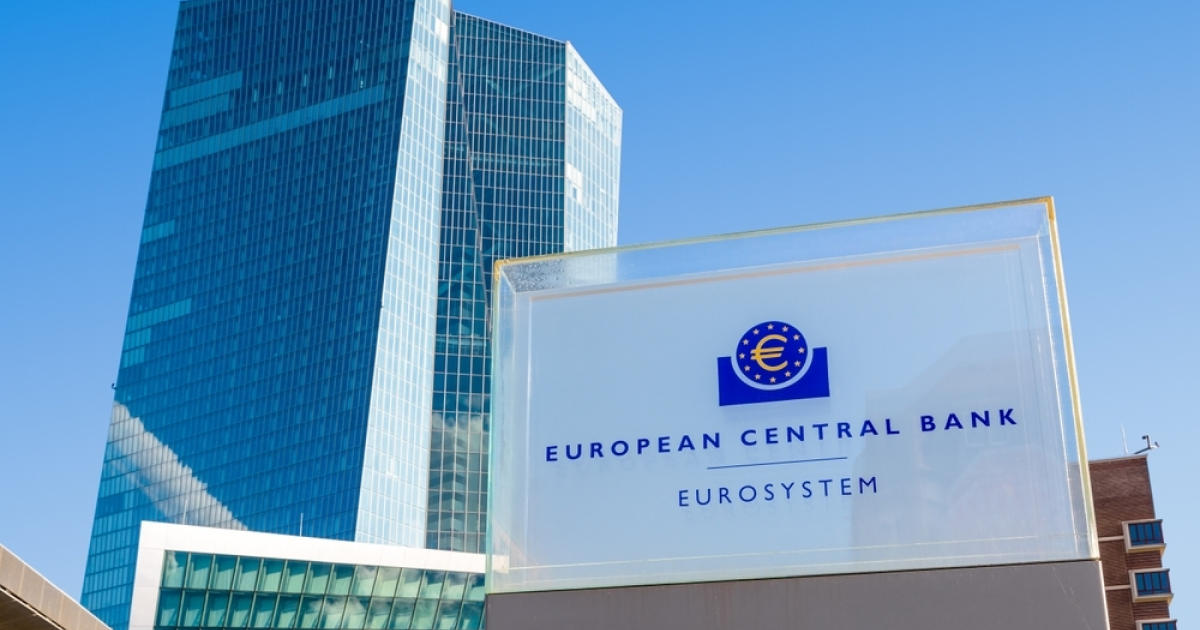
News Global Market economy 2622 12 April 2024
The NBU signals that the slowdown in inflation will allow it to ease monetary policy
On April 11, the European Central Bank (ECB) again left three key interest rates unchanged. However, the institution says that slowing inflation may open the door to easing monetary policy, Euractiv reports.
The ECB froze the cost of borrowing for the fifth time in a row, the key deposit rate remained at a record high of 4%.
In March this year, inflation in the eurozone slowed more than expected to 2.4%. This figure is not far from the European Central Bank’s 2% target. A rate cut in April was considered unlikely, as European officials repeatedly emphasized that they were waiting for new data that would be available only before the June meeting.
However, in its statement, the ECB changed its wording, noting that most measures of core inflation are weakening, and wage growth is slowing.
According to the institution, funding conditions remain restrictive, and recent interest rate hikes continue to put pressure on demand, which helps to reduce inflation. In addition, the ECB remains concerned about domestic price pressures.
At the same time, if the updated assessment strengthens confidence that inflation is steadily approaching the target, it will be appropriate to reduce the current level of monetary policy restrictions.
The ECB continues to insist that its decisions will be based on incoming data, and that it is not making any preliminary commitments on the path of the key policy rate. Nevertheless, many analysts, including Capital Economics, expect the first interest rate cut in June.
The European Central Bank has been raising rates at a record pace to curb price increases, but there are increasing calls for a cut as inflation falls and higher borrowing costs hurt the single currency area.
In March, the ECB forecasted inflation in the euro area to average 2.3% in 2024, 2% in 2025, and 1.9% in 2026. At the same time, the institution revised its expectations for eurozone economic growth in 2024 to 0.6% from 0.8%.




